
Common household pests thrive in or seek shelter indoors during wet weather, which typically peaks from November through February in the Puget Sound area. Knowing what to expect can make you a more proactive homeowner.
Why the Rainy Season Contributes to Pest Problems
High Humidity
Long-term humidity makes it difficult for wood and organic material to dry completely. This makes them optimal habitats for many pests, particularly dampwood termites and ants (like moisture ants and carpenter ants).
Frequent Rainfall
Heavy rainfall can create damp environments in crawl spaces, basements, and attics, which are common shelters for pests such as rodents, spiders, and silverfish. The exteriors of homes also stay wet, creating environments where pests can thrive.
Excessive Moisture
All this moisture promotes an ongoing breeding, feeding, and nesting of pests. This makes infestations more severe and more complicated to eradicate.
Common Rainy Season Pests in Puget Sound
Ants
As nests flood, ants may be driven indoors in search of shelter and safety. Carpenter ants in particular can be attracted to decaying or water-damaged wood.
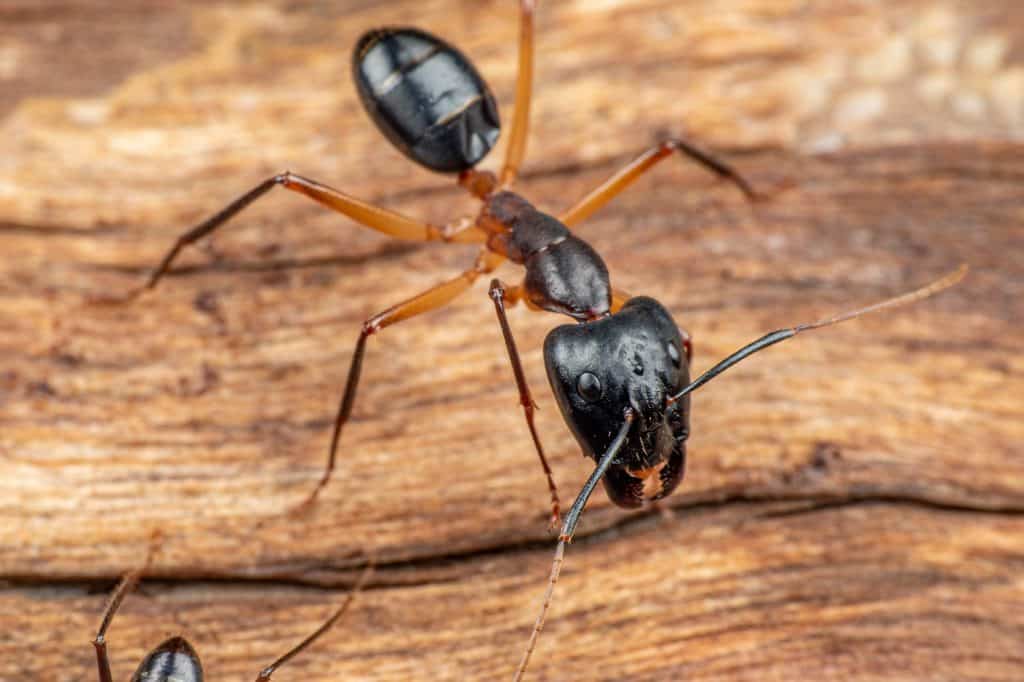
Rodents
Rats and mice are quick to find their way inside during inclement weather, especially if their burrows or nests become waterlogged.

Spiders
Spiders native to the Puget Sound area will move indoors during rainy, cooler months as they follow their prey. As pests move indoors, spiders will follow.
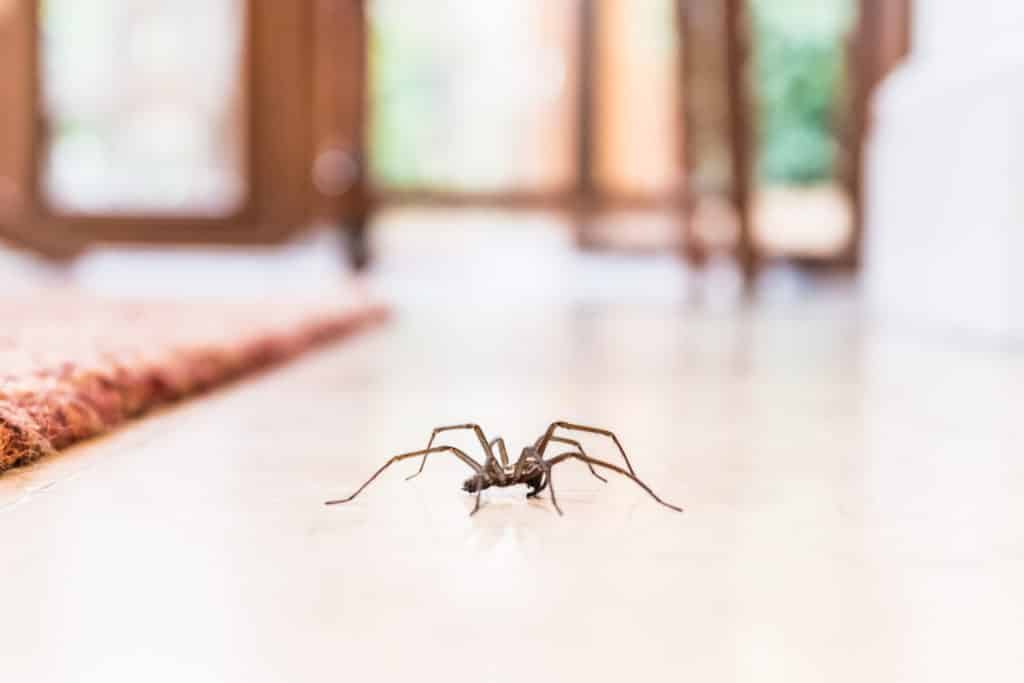
Earwigs, Silverfish, Centipedes
When displaced by the rain, these pests will seek refuge indoors. Silverfish prefer high-humidity areas (over 75% relative humidity), such as bathrooms, basements, laundry rooms, or poorly ventilated areas. They feed on paper, fabrics, and organic debris. Keep indoor humidity below 60%.
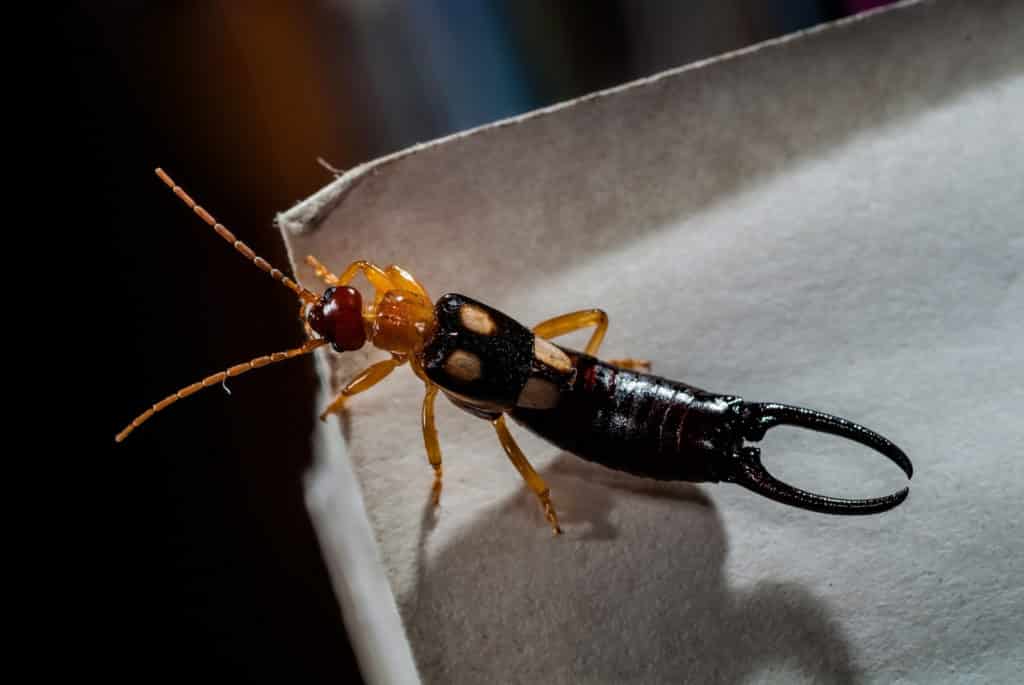
Mosquitoes
Mosquitoes breed in standing water left after rain and can reproduce quickly in puddles, buckets, or even pet dishes.
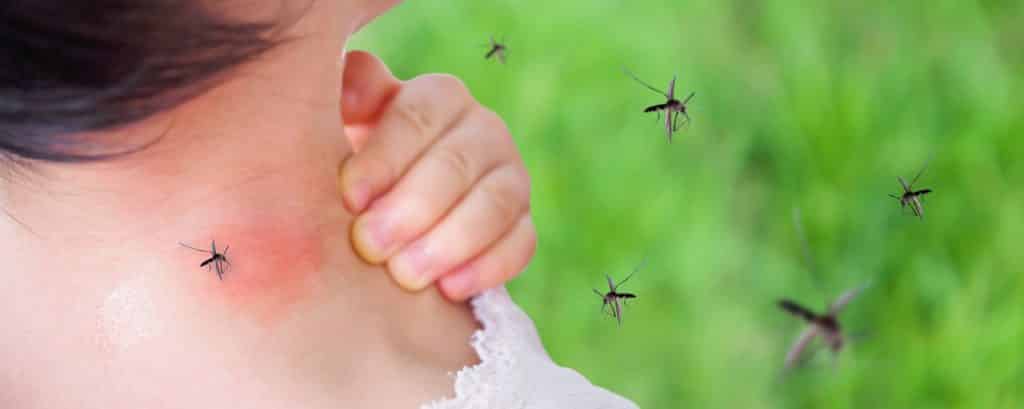
Termites
Termites, particularly dampwood termites, prefer wood with a high moisture content. They are often found in wet basements, leaky plumbing, or wooden structures in contact with soil. While they usually don’t damage healthy dry wood, termites thrive when wetness is persistent and pervasive.
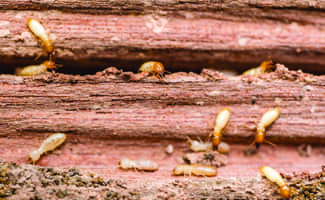
Cockroaches
Roaches thrive in damp, indoor spaces where they reproduce and feed.
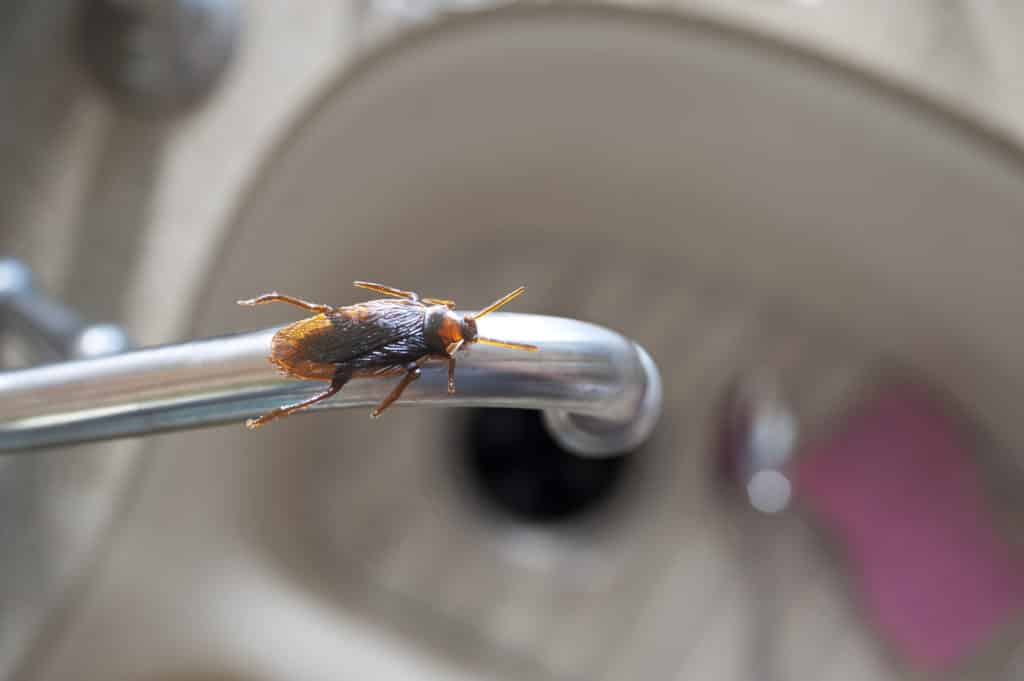
Main Public Health Risks from Rainy Season Pests
Mosquito-borne Illnesses
Mosquitoes breed in stagnant water and can transmit diseases such as West Nile virus, Zika virus, and dengue fever.
Rodent-borne Diseases
Rodents, such as rats and mice, may carry hantavirus and leptospirosis, which they can spread to surfaces and food contaminated with urine or feces. Take extra caution when cleaning up rodent droppings.
Cockroach-related Allergies
Roaches are linked to asthma and allergies when they infest indoor spaces with their droppings.
Waterborne Pathogens
Standing water also propagates pathogens and bacteria such as E.coli and Legionella, which can lead to gastrointestinal issues, skin infections, and respiratory problems.
Preventing & Mitigating Risks of Rainy Season Pests
Discard Standing Water
Eliminate standing water by regularly removing or drawing water from flowerpots, birdbaths, gutters, buckets, and other outdoor containers.
Seal up Entry Points
Seal gaps, cracks, and holes around doors, windows, and the foundation to prevent rodent and insect entry.
Repair Leaks
Fix roof, plumbing, or exterior water leaks quickly to prevent moisture problems.
Store Food Properly
Properly care for food by storing it in airtight containers and keeping kitchens clean.
Maintain Landscaping
Trim plants, remove debris, and keep yards tidy to reduce pest habitats. Don’t allow bushes or shrubs to touch the exterior of your home. Clean up about fruit trees and stack firewood away from dwellings.
Improve Ventilation
Use fans in bathrooms, kitchens, attics, and crawl spaces to reduce moisture buildup. Install dehumidifiers where necessary to keep indoor humidity below 60%.
Use Screen & Sweeps
Protect sleeping and indoor spaces from mosquito entry by keeping screens and sweeps in good repair.
If you live in the Puget Sound and notice a possible pest or rodent infestation in or around your home or business, please call the experts at Cascade Pest Control at 888-989-8979 for immediate assistance.



